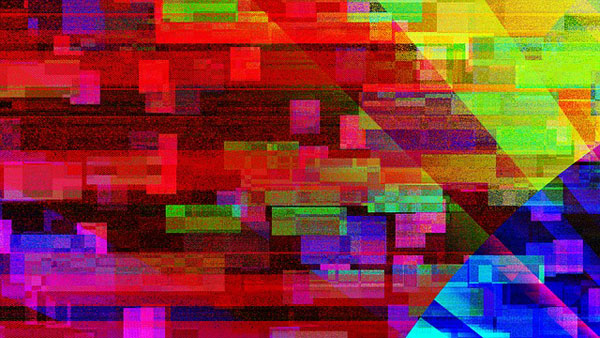So your computer isn’t running as fast as it once did, or it’s constantly freezing? There are a number of things that you should know, when attempting to find out why your system is behaving in the manner that it is.
Before you go out and look for fixes for your current systems symptoms, the first thing you need to consider is your systems age. If your system is more than 10 years old, then there is a good chance that the problems you’re experiencing are due to your system being out-dated, in which case you may want to consider alternatives, such as buying a new system.
Computers are constantly evolving, year after year, with new applications and updates, which requiring more powerful machines in order to run optimally. Older systems quickly start to struggle. If your system is very old, then it may be best you purchased a new one, or at the very least, accepted that it’s old and not able to perform like it could when you first acquired it.
1. Using Multiple Antivirus Scanners
Antivirus scanners use a considerable amount of system memory to carry out scans of your system and other tasks, so you can imagine what the system would be going through, with two antivirus scanners running on it at the same time. Two antivirus scanners are more than capable of causing your system to freeze, in addition to performing sluggishly. I recommend you carry out thorough research before settling on any antivirus tool.
Using multiple antivirus scanners doesn’t necessarily make your system safer. If you’re worried that your system may be infected with a malicious file, then there are always web apps, like Virus Total that you can use, and malware scanners are also great additions, as secondary scanners.
2. Running Too Many Apps
Every time you open an application, it takes up both hardware and software resources in order to run. If you have several applications running at the same time, it may make your system run slower due to the amount of memory that it’s using. In order avoid this performance hiccup; it’s advisable that only active programs are running.
3. Corrupted Drivers
The drivers are used by the operating system to communicate with the hardware components within the computer. So it’s no surprise that problems with the drivers can cause problems, every now and then.
To ensure your computer doesn’t freeze due to driver issues, it’s advisable that you keep these drivers up-to-date. There are many different tools that you can use which will automatically scan and update the drivers installed on your computer.
4. System Overheating
If your computer is running at an exceptionally high temperature, it could cause your system to freeze momentarily. When the system or processor is running at higher than normal temperatures, you may be able to spot this, by certain unusual noises coming from your system. You should also listen to the CPU fan, when you turn on the computer, as you want to ensure that it’s working and spinning at its usual speeds. You should also monitor any error messages, in addition to your BIOS settings.
5. Out of RAM
If you’re doing more on your system than the developers originally intended, then freezing is something you should expect. If possible, you’ll want to purchase a computer with enough RAM to carry out all the tasks you intend to do on it. You want at least 8GB of RAM, for safe measures.
If your motherboard and CPU are not as responsive as they once were, you may want to consider reinstalling your operating system.
6. Malware
Malware is capable of causing a number of issues on your system, such as freezing, crashing etc. However, you can prevent malicious files from causing harm to your system by having a good antivirus scanner installed and running on your computer at all times. You should definitely consider monthly scans, just to ensure your computer is virus-free.
7. Power Problems
The power supply unit inside your computer should have a high enough rating to deliver the required amount of power for your computer. Even if you have a



